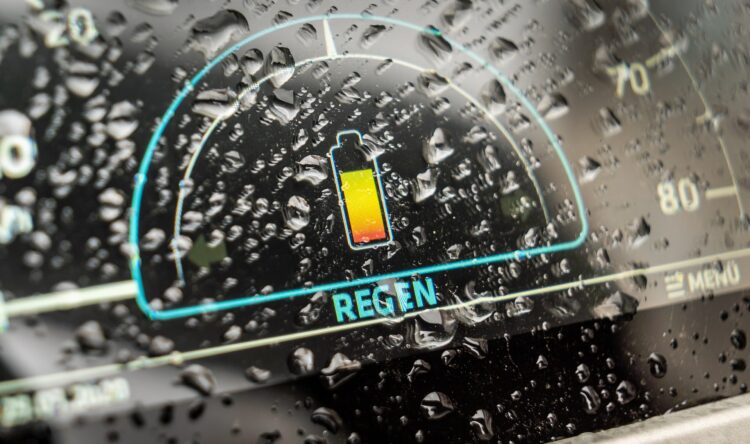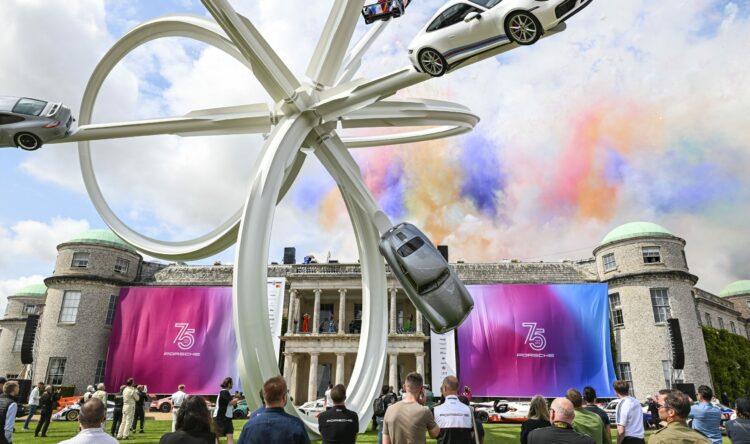EV buying incentives needed
New report calls for more government action to encourage the move to EVs
The Government must step in with incentives for mass adoption of electric vehicles (EVs).
This is the conclusion of Auto Trader’s latest Road to 2030 Report.
Support for car buyers purchasing EVs was removed in June 2022.
Interrest up
Auto Traders’ report market warns that buyer interest in new EVs has dropped by almost two thirds – or 65% – since the beginning of 2022. Factors such as cost of living increases, higher cost of borrowing and the well-documented hike in energy prices are cited as key issues.
It also believes the market for new EVs is still hampered by a lack of affordable choices. The number of new electric models between £20,000 – £30,000 – perhaps the most popular price point for new cars – is actually decreasing.
It’s reveals that, on average, new EVs are still 37% more expensive than petrol and diesel cars. This hasn’t changed since June 2022. Among the more affordable cars costing less than £30,000, the number of petrol and diesel models for sale is nine times bigger than the number of EVs. What’s more, a new electric SUV will set you back on average £22,290 more than a petrol one. When comparing hatchback models, going electric will cost on average £10,285 more.
Advantage down
Auto Trader’s Report shows the impact of lower fuel prices and higher energy bills. High upfront costs of buying a new EV erodes the now shrinking advantage of lower running costs.
While EV owners with a home charger can save up to £130 for every 1,000 miles by charging at off peak overnight rates, savings reduce to just £40 for those drivers using slow/fast public chargers. According to the report, drivers using ultra rapid chargers, EVs can cost £16 more to run per 1,000 miles than conventionally fuelled vehicles.
Pricing problems
Price drops in the used electric market partnered with improved choice in the number of used EVs for sale, has sparked growing interest from consumers for used EVS. Unhelpfully, the average one-year old used EV is still 28% more expensive than its petrol or diesel equivalent.
The Mercedes GLC Class (£44,000) and EQC (£58,000) have one of the widest gaps at £14,000. Meanwhile, the Renault Clio (£16,000) and the Zoe (£20,000) have one of the smallest price gaps at £4,000.
Encouraging change
With the potential introduction of Vehicle Excise Duty on EVs in 2025, it will further reduce incentive for EV ownership.
With this in mind, Auto Trader is calling for a series of tax breaks to give a fresh spur to the mass adoption of electric vehicles. It claims this has worked well in other European countries, stimulating demand and growing the market.
To make the transition to electric fairer, Auto Trader is calling for:
- Fairer charging costs: by equalising VAT on public and private charging
- More incentives to make EVs affordable for all: such as reducing VAT on used EVs and lower or interest free rates on EV financing deals
- Initiatives to build both buyer and seller confidence in used EVs with a focus on battery health: Research shows that for car buyers, the top concerns about used EVs are related to battery health[xi] and so adopting common standards on battery health and charging terminology should be a top priority for government and industry.
A wider view
Inspiration can be taken from other countries, like Norway and France. Balancing financial and alternative incentives, such as free parking and free charging in certain locations, you can incentivise consumers to go electric.
Ian Plummer, commercial director of Auto Trader, believes these are “ difficult times for the UK’s Road to 2030 ambitions”. He adds that “we are in danger of veering off-track”.
“It cannot be right that those who don’t have option of charging at home are forced to pay substantially more to charge their vehicles.
“The goal of mass adoption is at risk unless we use the tax system inventively to spur on EV purchases and accelerate demand.
“Without action, specifically on affordable options and battery health confidence, the used electric market – which is both key to the success of the new electric market and to ensuring a fair transition to electric – will continue to falter.”





